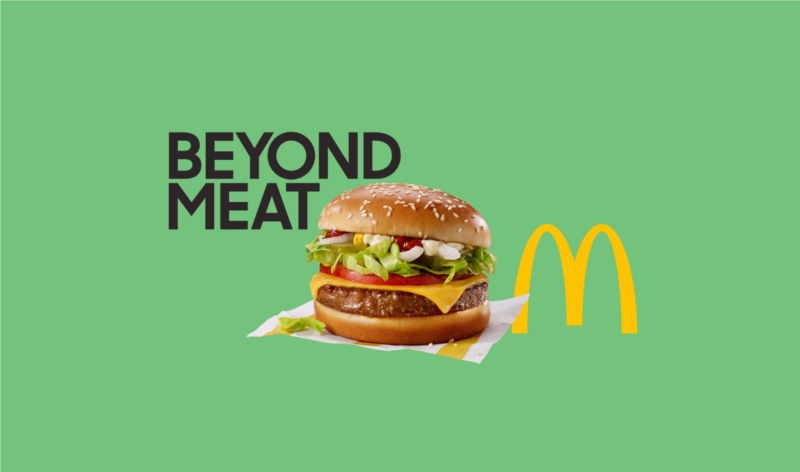
Is the fad and demand for plant-based meat about to die out? Although several large restaurant chains are adding plant-based protein dishes to their menus and large food producers wanted to participate, it seems that there is a drop in appetite in North America for this kind of dishes.
Fake meat has made a big splash at Pizza Hut restaurants in recent months, as Beyond Meat's vegetarian sausage is now available there. In KFC restaurants in the United States, mock chicken nuggets have been added to the menu instead.
The McDonald's chain also announced the arrival of McPlant in 600 branches in the United States, a plant-based burger developed with the collaboration of Beyond Meat. The patty consists of peas, rice and potatoes and attempts to replicate the texture and flavor of beef.
This phenomenon reached its peak around 2018, when the A&W chain released the very first meatless burger! Everyone was snapping it up and soon it was out of stock everywhere on the North American continent.
Seeing this wave gaining momentum, other players wanted to get on board and invest millions of dollars in the research, development and production of plant protein meat. This is the case, among others, of Maple Leaf, which announced an investment of several hundred million dollars.
But now over the past six months, worrying figures have been published by various financial players: there is a rapid deceleration in growth rates in vegetable protein and even a noticeable drop in searches for the keyword on Google !
It must be said that nutritionists have managed to study this protein and have discovered that it is no healthier than normal beef or chicken. In fact, plant protein is more often than not a marriage of ultra-processed products with a long list of ingredients and lots of salt.
Thus, it would be surprising to see other chains introduce this type of dish in the next few years. On the contrary, vegetable protein should disappear from the menu because the peak of the wave has already been reached.







